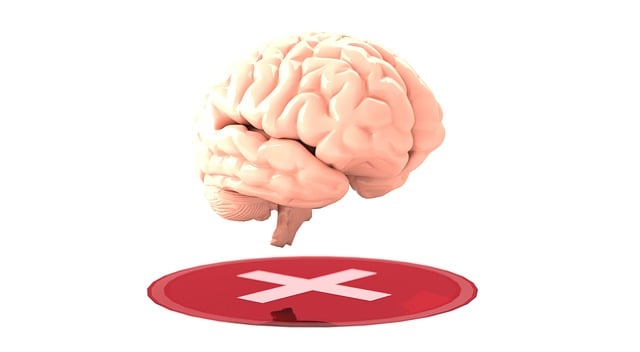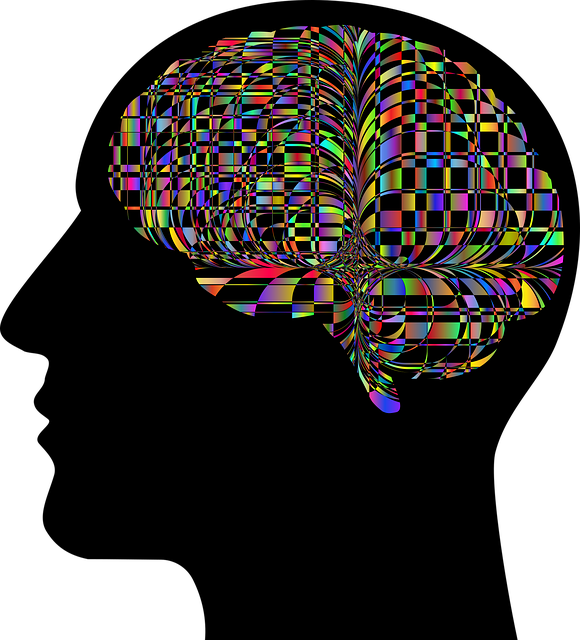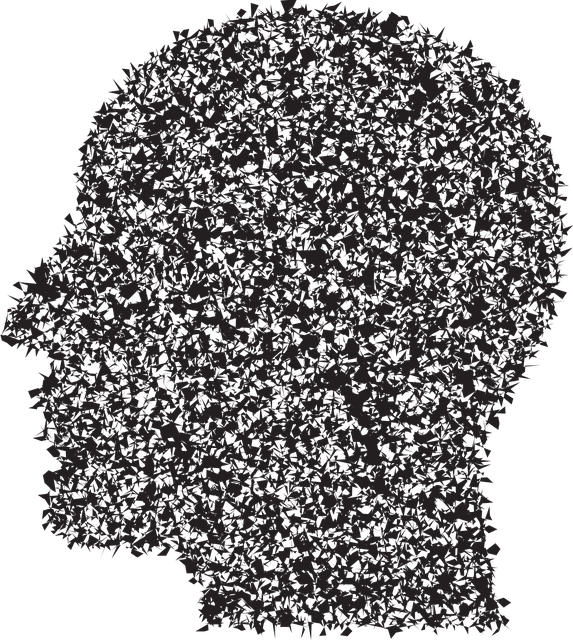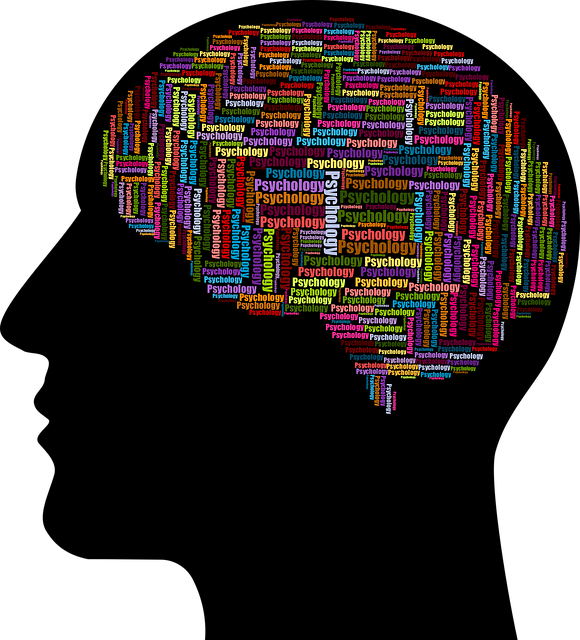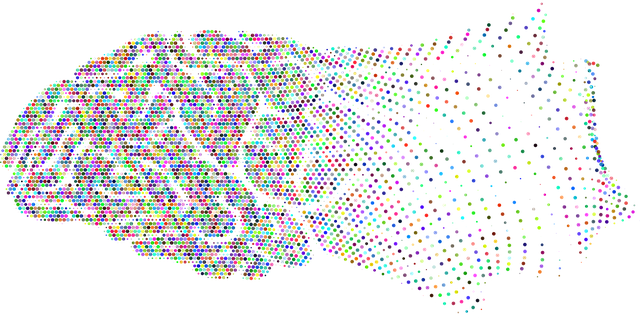Louisville, Kentucky presents a growing market for mental wellness apps specializing in ADD/ADHD therapy due to increasing awareness and acceptance of mental health issues. To stand out, apps should focus on personalized support tailored to local needs, integrating strategies like Risk Management Planning and Burnout Prevention. A compelling content strategy involving blog posts, videos, and podcasts that address various mental health topics is crucial for attracting users. Leveraging digital marketing channels such as social media, email campaigns, and SEO optimization can significantly boost reach. Success is measured through KPIs like daily active users, retention rates, and session duration to guide iterative development.
Louisville’s mental health landscape demands innovative solutions, especially in addressing ADD-ADHD. This article explores a comprehensive marketing strategy for therapy apps targeting this specific demographic. By understanding the local market and audience needs, app developers can create compelling value propositions. We’ll guide you through crafting engaging content, leveraging digital channels, and measuring success with key performance indicators (KPIs). Discover how to tailor your approach to stand out in the competitive Louisville ADD-ADHD therapy app market.
- Understanding Louisville's Mental Health Landscape and Target Audience for ADD-ADHD Therapy Apps
- Crafting a Unique Value Proposition: Differentiating Your App from Competitors in the Market
- Building an Engaging Content Strategy to Educate and Attract Users
- Leveraging Digital Marketing Channels Effectively for Louisville-Based Therapy Apps
- Measuring Success and Iterating: Key Performance Indicators (KPIs) and Analytics for Mental Wellness Apps
Understanding Louisville's Mental Health Landscape and Target Audience for ADD-ADHD Therapy Apps

Louisville, Kentucky, presents a unique opportunity for mental wellness app developers focusing on ADD-ADHD therapy. The city’s landscape reveals a growing awareness and acceptance of mental health issues, with various initiatives and resources available to support residents’ well-being. However, there is still a significant need for personalized, accessible solutions, especially among the vast population of individuals with ADD/ADHD.
The target audience for these apps includes Louisville residents facing attention deficits, hyperactivity, or impulsivity challenges. This demographic spans various age groups, from students struggling with academic performance to working professionals seeking improved focus and productivity. Effective marketing strategies should emphasize the app’s ability to offer tailored support, incorporating engaging features such as self-awareness exercises, compassion cultivation practices, and empathy-building strategies. By addressing the unique needs of this audience, developers can position their ADD-ADHD therapy apps as valuable tools for navigating daily life in Louisville.
Crafting a Unique Value Proposition: Differentiating Your App from Competitors in the Market

In the competitive landscape of mental wellness apps, crafting a unique value proposition is paramount to standing out from the crowd, especially in niche markets like Louisville ADD-ADHD Therapy. To differentiate your app, focus on addressing specific challenges that set your target audience apart. For instance, while many apps offer general stress management techniques, you could specialize in providing personalized strategies tailored for individuals with ADHD in Louisville, catering to their unique needs and circumstances. This approach not only caters to a specific demographic but also showcases your deep understanding of the local mental health landscape.
Furthermore, integrating concepts like Risk Management Planning for Mental Health Professionals or Burnout Prevention can add layers of value and appeal to both users and healthcare providers. By demonstrating an app that prioritizes resilience building and helps professionals manage risks effectively, you create a compelling case for why your app is not just another therapy tool but a vital resource in the mental health community. This strategy not only differentiates your Louisville ADD-ADHD Therapy app but also positions it as a forward-thinking solution, contributing to improved mental wellness outcomes.
Building an Engaging Content Strategy to Educate and Attract Users

In today’s digital age, crafting a compelling content strategy is paramount for mental wellness apps aiming to educate and attract users, especially those seeking specialized support like Louisville ADD-ADHD Therapy. The key lies in creating engaging, informative content that resonates with the target audience. This can include blog posts, videos, or podcasts covering various aspects of mental health, such as Conflict Resolution Techniques and Coping Skills Development. By offering practical advice and insights tailored to common challenges, the app establishes itself as a trusted resource.
Integrating user testimonials, expert interviews, and interactive quizzes can further enhance engagement. Topics like Mental Health Policy Analysis and Advocacy can also be explored to provide a broader perspective on wellness, fostering a sense of community and empowerment among users. Consistently delivering valuable content not only attracts new users but also encourages existing ones to return, building a loyal community centered around mental wellness and growth.
Leveraging Digital Marketing Channels Effectively for Louisville-Based Therapy Apps

In today’s digital age, Louisville-based therapy apps have a powerful tool at their disposal: digital marketing channels. Effective utilization of these platforms can significantly enhance reach and engagement for mental wellness apps targeting conditions like ADD-ADHD. Social media, email marketing, and search engine optimization (SEO) are essential strategies to consider. For instance, targeted social media campaigns focused on Louisville communities can raise awareness about the app’s existence and its benefits, especially when incorporating user testimonials and success stories. Empathy Building Strategies and Compassion Cultivation Practices can be effectively promoted through engaging video content and blog posts, resonating with users seeking support for ADD-ADHD.
SEO optimization is crucial to ensure that these apps appear in relevant searches, such as “Louisville ADD-ADHD Therapy.” Incorporating relevant keywords into app descriptions and content not only improves visibility but also positions the app as a trusted resource for mental wellness. By combining these digital marketing channels, Louisville-based therapy apps can foster a sense of community, build trust, and ultimately attract users seeking solutions for ADD-ADHD and other mental health concerns, thereby contributing to a more comprehensive Mental Wellness ecosystem in the region.
Measuring Success and Iterating: Key Performance Indicators (KPIs) and Analytics for Mental Wellness Apps

Measuring success is paramount in app development, especially within the mental wellness space, where user engagement and impact can vary greatly. Key Performance Indicators (KPIs) provide a roadmap to gauge the effectiveness of marketing strategies for Louisville ADD-ADHD Therapy apps. These might include daily active users, retention rates over time, and session duration—indicating user interest and app utility. By analyzing these metrics, developers and marketers can identify what resonates with users and what needs improvement.
Iterative development relies on this data to refine the app’s functionality and marketing approach. For instance, if Crisis Intervention Guidance is a priority, analytics might reveal high drop-off rates during specific scenarios, prompting designers to enhance those sections. Similarly, tracking user feedback and reviews can offer insights into the most appealing features, like Self-Care Routine Development for Better Mental Health, ensuring the app’s continuous evolution and relevance in the competitive market.
Developing a comprehensive marketing strategy is pivotal for the success of mental wellness apps in competitive markets like Louisville, where awareness of ADD-ADHD therapy options is growing. By understanding the local mental health landscape and tailoring content to engage specific audiences, developers can effectively differentiate their apps. Leveraging digital channels with targeted campaigns and measuring key performance indicators will drive user acquisition and retention, ultimately enhancing the accessibility and impact of Louisville ADD-ADHD Therapy solutions.

